
Clinical Medicine
The 72-week Clinical Medicine curriculum is hosted at teaching hospitals in the United States and Canada
Your clinical education at Medical University of the Americas takes place primarily in the second half of your academic program, during semesters 6 to 10—your final semesters before earning your MD and entering a residency program. The Clinical Medicine semesters at MUA is 72 weeks:
- 42 weeks of required core rotations in Surgery, Internal Medicine, Pediatrics, Psychiatry, and Obstetrics and Gynecology.
- 30 weeks of elective clinical rotations that may be in any of the various medical specialties, depending upon the student’s future goals.
Key Facts
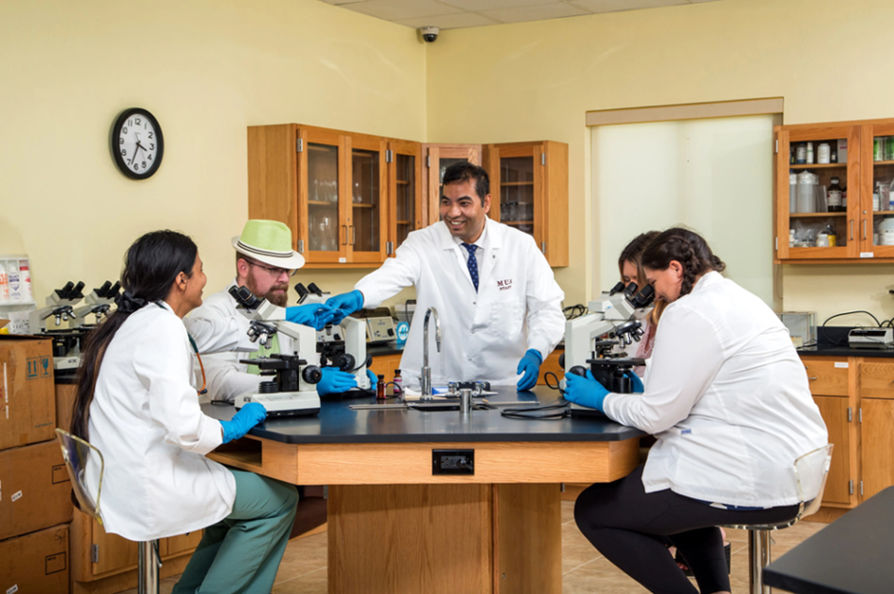
- Location: The Clinical Medicine program will be based in the US or Canada within a hospital medical setting where you will undergo your core and specialist rotations.
- Rotations: Medical University of the Americas has an extensive clinical program in conjunction with ACGME-approved teaching hospitals throughout the United States and Canada.
- Residency Achievement: 94% three-year residency placement rate.*
- USMLE Step 2 CK: Students must successfully pass the USMLE Step 2 CK exam, after completing their Clinical Medicine rotations, in order to graduate from the MUA MD program. To receive school approval to take the USMLE Step 2 CK exam, students are required to demonstrate proficiency by achieving a satisfactory score on a comprehensive exam covering the Clinical Medicine curriculum, such as the Comprehensive Clinical Science Exam (CCSE) and/or another exam.
*94% Three-Year Residency Placement Rate is the percent of students attaining a residency position out of all graduates or expected graduates in 2022-2023, 2023-2024 and 2024-2025 who were active applicants in the NRMP match or attained a residency outside the NRMP match.
Clinical Rotations
Internal Medicine – 12 Weeks
Students build on skills acquired in physical diagnosis to include the completion of a thorough history and physical examination of primarily adult patients. Students will be a part of the clinical management team and given responsibilities for certain aspects of direct patient care under the close supervision of a preceptor. Students will have clerkship experiences in both inpatient and ambulatory care settings. Instruction will include the management of commonly encountered disease processes as well as an introduction to the use of diagnostic procedures.
Surgery – 12 Weeks
Students will be introduced to disease processes that require various levels of surgical intervention. Initially, students will be taught the policies and procedures of the operating room, including scrubbing and the maintaining of sterile technique. They will have opportunities to do pre-surgical histories and physical examinations. Opportunities will be provided for direct practice of simple procedures such as suturing, debridement, and wound care. Under close supervision of a preceptor, students will be able to observe and assist during various procedures in the operating room and participate in the follow-up and treatment of post-surgical patients in the hospital and in ambulatory practice settings.
Obstetrics and Gynecology – 6 Weeks
Students will be introduced to the normal course of pregnancy to include pre-natal care, labor, delivery, and the postpartum period. Students will be taught the fundamentals of a proper obstetric and gynecologic history and examination. Observation and participation in a number of live births will be provided. Students will also participate in discussions of and receive direct experience with various disease processes and complications of pregnancy and delivery. Students will learn the fundamentals of family planning and dealing with patients with sexually transmitted diseases.
Pediatrics – 6 Weeks
This clinical rotation introduces the student to the challenging medical treatment of infants, children, and adolescents. Students will initially learn to take histories and perform physical examinations on well infants and children in inpatient and outpatient clinic settings. The diagnosis and treatment of common illnesses will be emphasized, but the student will have opportunities to learn about the more rare congenital as well as acquired disorders.
Psychiatry – 6 Weeks
In this rotation, students learn about the major psychiatric illnesses such as schizophrenia, affective and anxiety disorders. Special emphasis will be placed on the difference between organic and functional mental illnesses through taking a proper psychiatric history and performing a mental status examination. Students will be instructed in the judicious use of major classes of psychotropic medications.
Elective rotations are usually completed during the fourth year of medical school to assist the student in identifying areas of special interest in medicine for future practice and graduate residency training.
Highly recommended electives include:
- Cardiology
- Primary Care Medicine (required)
- Dermatology
- Emergency Medicine
- Anesthesiology
- Intensive Care Medicine
- Neurology
- Pathology
- Plastic Surgery
- Radiology
- Urology
- Vascular Surgery
Hospital Teaching Sites
The following is a partial list of teaching hospitals where MUA students regularly do their core rotations. In addition to these core teaching sites, MUA has affiliations with more than 60 hospitals where students can do their elective rotations.
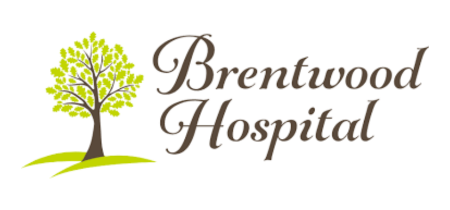
Brentwood Hospital
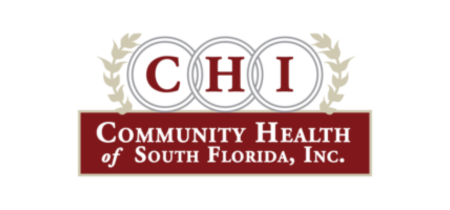
Community Health of South Florida
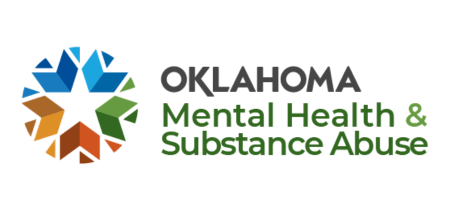
Griffin Memorial Hospital – Owned and operated by the State of Oklahoma
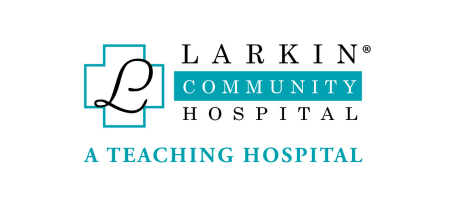
Larkin Community Hospital
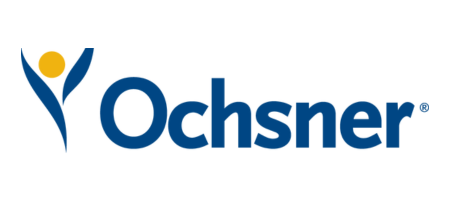
Leonard J. Chabert Medical Center – Affiliate of Ochsner Health System
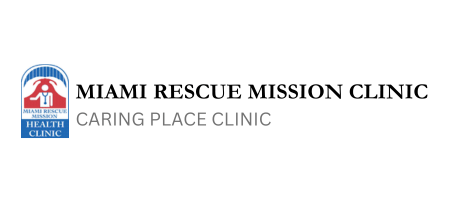
Miami Rescue Mission Clinic
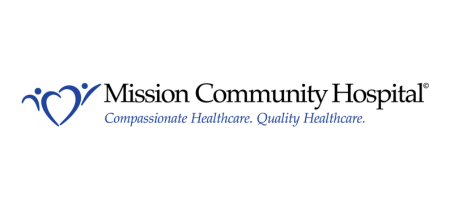
Mission Community Hospital
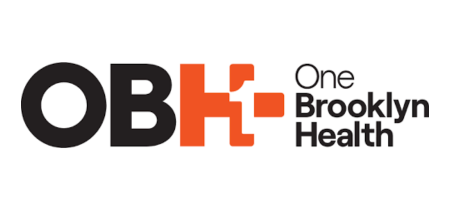
One Brooklyn Health
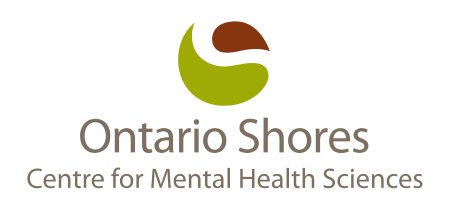
Ontario Shores Centre for Mental Health Sciences
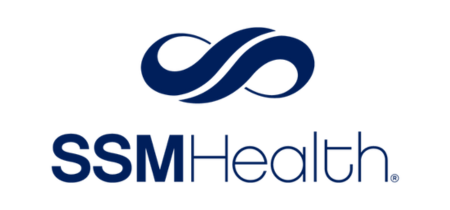
SSM Health St. Anthony’s Hospital
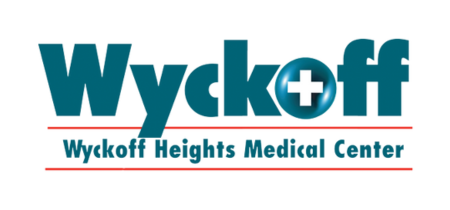
Wyckoff Heights Medical Center
Student Testimonials
Sheldon Vogt, MD
Class of 2024
General Surgery
Loma Linda University Health
Loma Linda, California, United States
Vijitha Mahalingam, MD
Class of 2019
Psychiatry Resident
Queen’s University
Kingston, Ontario, Canada
Suraj Tandon, MD
Class of 2013
Internal Medicine & Palliative Medicine Specialist
University Health Network
Toronto, Ontario, Canada

Other Areas You Might Be Interested In:
Please see the following links for detailed information about each topic:
If the information you are seeking is not provided here, please get in contact by filling out the form below.